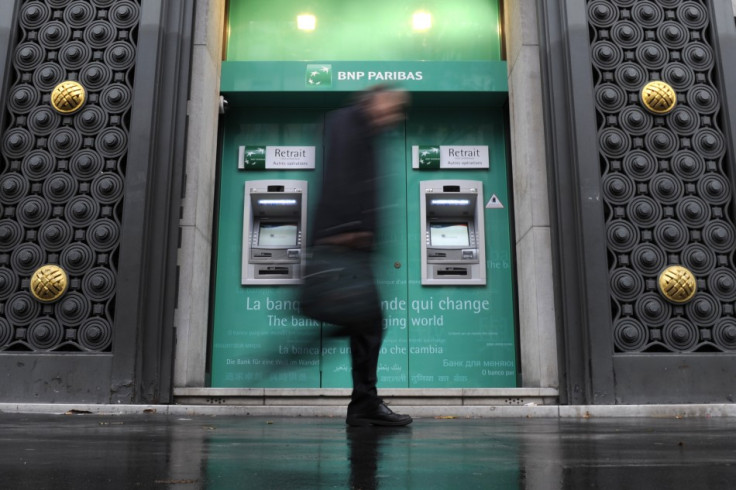World Bank reports 'massive drop' in number of unbanked people

The World Bank has reported a "massive drop" in the number of people around the world who do not have access to banking facilities.
A study from the United Nations financial institution shows that between 2011 and 2014, 700 million more people around the world signed up to a banking facility – an increase of 11%.
"Access to financial services can serve as a bridge out of poverty," said World Bank group president Jim Yong Kim.
"We have set a hugely ambitious goal – universal financial access by 2020 – and now we have evidence that we're making major progress.
"This effort will require many partners – credit card companies, banks, microcredit institutions, the United Nations, foundations, and community leaders. But we can do it, and the payoff will be millions of people lifted out of poverty."
The World Bank said that the new technology, particularly mobile money accounts in Sub-Saharan Africa, played a massive part in bringing the numbers of unbanked individuals down.
However, there are still two billion people in the world who do not have access to a financial institution.
Another issue that is being faced is the gender gap which is not narrowing. In 2014, 58% of women had a bank account, whereas 65% of men do. The largest difference can be found in South Asia where 55% of men have access to an account – 18% more than women.
Sri Mulyani Indrawati, World Bank managing director and chief operating officer, said: "When a woman has an account and a safe place to save outside the home, she also has greater control over finances and household incomes.
"Equipped with access to formal savings and credit, women participate more in the economy. They can set aside funds for emergencies, for schooling, or for starting a business. This is an important stepping stone out of poverty and towards more equality."
© Copyright IBTimes 2025. All rights reserved.






















